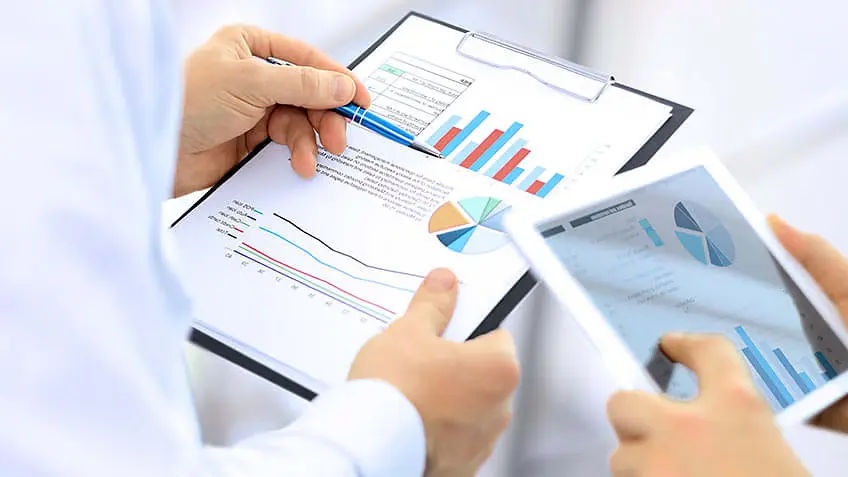Physical Address
Mumbai, India 400001
Physical Address
Mumbai, India 400001

In the modern business landscape, data is king. Companies across industries are leveraging vast amounts of data to make better decisions, streamline operations, and gain a competitive edge. However, not all data is created equal, and the way it is used can vary significantly depending on the context. Data analytics vs business analytics is one such distinction that is essential to understand when you’re diving into the world of data-driven decision-making.
In this article, we’ll explore the key differences between data analytics vs business analytics, helping you understand how these two fields relate to one another, where they diverge, and how you can use them to enhance your business outcomes. Whether you’re a data professional or a business leader, understanding these terms will help you determine the right approach for leveraging data effectively.
Data analytics refers to the process of examining large datasets to uncover hidden patterns, correlations, and insights that can help inform decisions. It is a broad field that includes various techniques such as statistical analysis, machine learning, predictive modeling, and data mining to analyze data. Data analytics is not limited to business contexts—it’s applied across various industries, including healthcare, finance, education, and more.
The primary goal of data analytics is to transform raw data into actionable insights. This often involves cleaning and processing large datasets, identifying trends, and using various tools and algorithms to generate meaningful information. Data analytics can be descriptive, diagnostic, predictive, or prescriptive in nature, depending on the objective of the analysis.
Data analytics is often used by data scientists, engineers, and analysts to explore large datasets and uncover trends or anomalies. It’s a foundational part of decision-making across many different fields, but it’s more general in its focus compared to business analytics.
On the other hand, business analytics is a subset of data analytics that focuses specifically on using data to improve business performance. Business analytics is aimed at solving business-specific challenges such as optimizing processes, improving profitability, enhancing customer satisfaction, and identifying new opportunities for growth.
The main objective of business analytics is to transform data into actionable insights that directly support business strategies. It relies on a combination of historical data analysis, statistical techniques, and business knowledge to make data-driven decisions that help organizations stay competitive.
Business analytics includes the following types of analysis:
Unlike data analytics, which may not always have a direct business focus, business analytics is explicitly designed to address organizational goals. It is often used by business managers, marketers, and executives to improve decision-making and strategy formulation.
While both data analytics and business analytics aim to extract value from data, they differ significantly in their scope, objectives, and applications. Let’s explore the key distinctions between the two:
Understanding when to use data analytics vs business analytics can help you make informed decisions about which approach to take in various scenarios.
Although data analytics and business analytics have distinct focuses, they can often complement each other. Data analytics lays the groundwork for business analytics by providing the raw data, patterns, and insights that business analysts can use to make decisions. By integrating the two, companies can get a holistic view of both the data and the specific business context, leading to better decisions and improved business outcomes.
For example, a data analytics team may use machine learning to analyze customer data and identify purchasing patterns. Then, the business analytics team can use this information to create targeted marketing campaigns or optimize inventory management, driving growth and profitability.
In summary, while both data analytics vs business analytics are critical to today’s data-driven world, the two disciplines serve different purposes. Data analytics focuses on extracting insights from large datasets through various analytical techniques, regardless of the specific business context. Business analytics, on the other hand, is more focused on applying these insights to solve business-specific problems and improve organizational performance.
Whether you’re a data scientist, a business analyst, or a decision-maker, understanding the distinctions between data analytics vs business analytics will allow you to use the right tools and approaches to drive success in your organization. By leveraging both types of analytics effectively, you can gain a comprehensive understanding of your data and make smarter, data-driven business decisions.